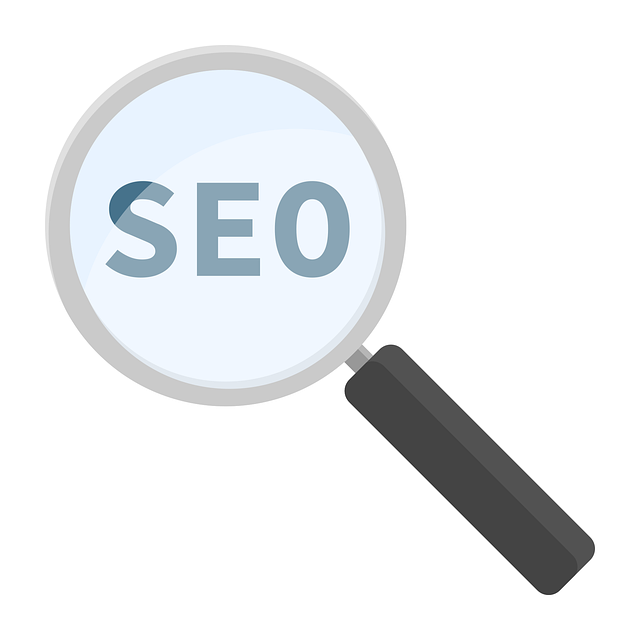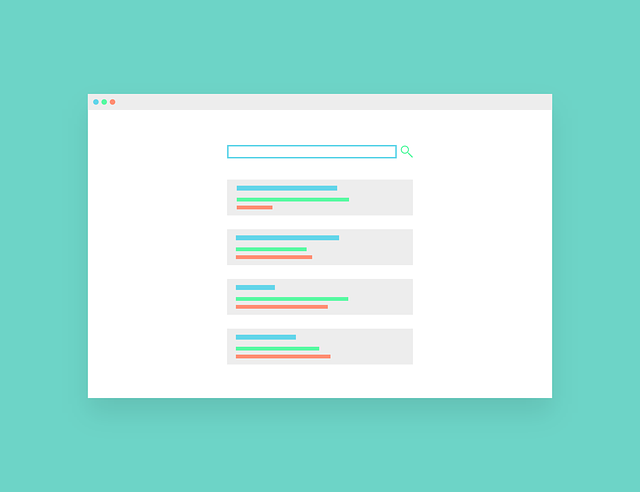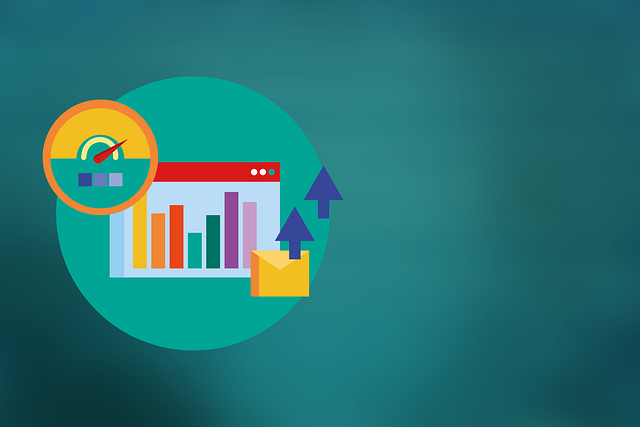AI-driven SEO revolutionizes online visibility by leveraging machine learning to analyze user behavior and data for personalized search results. Traditional methods evolve with AI, focusing on high-quality content aligned with user intent. Integrating Natural Language Processing (NLP) enhances keyword research, while automated tools save time and resources. Effective AI-driven strategies measure success through key metrics, adapt to real-time changes, and ultimately improve SEO rankings. Ethical considerations include transparency, fairness, and balancing AI efficiency with human job markets.
In today’s digital landscape, understanding AI-driven SEO ranking is crucial for businesses aiming to improve online visibility. This advanced technology is revolutionizing Search Engine Optimization (SEO) by automating tasks, analyzing vast data, and making informed decisions faster than ever before. By harnessing the power of artificial intelligence, companies can unlock new strategies to elevate their search engine rankings, attract more traffic, and ultimately drive conversions. This article explores the transformative potential of AI in SEO, providing valuable insights for businesses seeking to thrive online.
Understanding AI-Driven SEO Ranking: The Basics

AI-driven SEO ranking is transforming the digital landscape by revolutionizing how search engines understand and index content. Traditional SEO practices focused on keyword optimization, backlinking, and meta tags, but AI brings a new dimension by leveraging machine learning algorithms to analyze vast amounts of data in real time. These algorithms can identify patterns, trends, user behavior, and context, allowing for more accurate predictions about what content resonates with audiences.
By integrating AI, search engines can deliver more personalized results tailored to individual user queries. This shift necessitates a strategic approach to improve SEO rankings. Marketers need to adapt by focusing on creating high-quality, relevant content that aligns with user intent and keeps up with evolving algorithms. Additionally, understanding natural language processing (NLP) and its impact on keyword research is crucial for optimizing content strategy and staying ahead in the competitive digital arena.
How Artificial Intelligence Transforms Search Engine Optimization

Artificial Intelligence (AI) is revolutionizing the field of Search Engine Optimization (SEO), offering unprecedented opportunities to elevate online visibility and improve SEO rankings. AI algorithms can analyze vast amounts of data, understand user intent, and process complex queries, enabling search engines to deliver more precise results. This transformation empowers businesses to optimize their digital strategies effectively.
By leveraging machine learning techniques, AI tools can identify patterns in search trends, competitor analysis, and user behavior, providing valuable insights. These insights enable content creators and marketers to craft targeted content that resonates with audiences, thereby increasing the likelihood of higher rankings on search engine result pages (SERPs). AI-driven SEO also facilitates continuous optimization as it can monitor and adjust strategies in real time based on changing algorithms and market dynamics.
Key Benefits of AI for Boosting Online Visibility

Artificial Intelligence (AI) is transforming the digital landscape, and its impact on Search Engine Optimization (SEO) is nothing short of revolutionary. One of the key benefits of AI is its ability to analyze vast amounts of data at lightning speed, allowing for a deeper understanding of user behavior and search patterns. By leveraging machine learning algorithms, AI can identify trends, preferences, and gaps in the market that humans might miss. This enables businesses to create more relevant and engaging content, which is crucial for improving SEO rankings.
Additionally, AI-driven tools can automate repetitive tasks such as keyword research, on-page optimization, and link building, saving time and resources. These advanced technologies can also provide valuable insights into competitor strategies, helping businesses stay ahead in the ever-evolving digital race. With AI, optimizing for search engines becomes more precise and efficient, ultimately driving online visibility and attracting a wider audience.
Essential Tools and Technologies in AI-SEO

In the realm of AI-driven SEO ranking, several essential tools and technologies are revolutionizing how we optimize online content. These range from advanced analytics platforms that leverage machine learning algorithms to process vast data sets, providing insights into user behavior and search patterns. Such insights are crucial for tailoring content strategies to enhance search engine visibility and improve SEO rankings.
Natural Language Processing (NLP) is another game-changer, enabling AI systems to understand and interpret human language, thereby improving the relevance of search results. This technology, integrated with semantic search algorithms, ensures that web pages accurately reflect user queries, boosting their chances of higher rankings. Moreover, automated content generation tools powered by AI can create optimized content at scale, helping businesses stay relevant and competitive in today’s digital landscape.
Strategies to Implement AI for Optimal SEO Results

To implement AI for optimal SEO results, start by integrating natural language processing (NLP) to analyze and understand user intent behind search queries. This allows your content to be tailored to provide relevant and valuable information, thereby improving user experience and search engine rankings. By leveraging machine learning algorithms, you can identify patterns in user behavior and search trends, enabling you to optimize keywords, titles, and meta descriptions for better visibility.
Additionally, AI-powered tools can automate repetitive SEO tasks such as keyword research, competitor analysis, and backlink monitoring. This not only saves time but also ensures your strategies are data-driven and up-to-date. Regularly updating your content with fresh, relevant information using AI insights will enhance your site’s authority and relevance in the eyes of search engines, ultimately leading to improved SEO rankings.
Measuring Success: Evaluating AI-Driven SEO Performance

Measuring success is a critical aspect of AI-driven SEO strategies, as it allows for a clear understanding of how effectively these tools can improve SEO rankings. Performance evaluation involves tracking key metrics such as keyword rankings, organic traffic volume, and click-through rates before and after implementing AI solutions. By comparing these figures, marketers can gauge the direct impact of AI on their website’s search engine visibility.
Advanced AI models provide comprehensive analytics dashboards that present real-time data insights. This enables SEO specialists to identify patterns, make data-driven decisions, and swiftly adapt strategies to stay ahead of algorithm updates. Ultimately, successful AI-driven SEO performance translates into higher online visibility, increased organic traffic, and better conversion rates, ultimately driving business growth through improved search engine rankings.
Ethical Considerations in Using AI for SEO Ranking

As AI takes center stage in driving SEO rankings, it’s crucial to examine the ethical implications surrounding its use. One primary concern is ensuring transparency and fairness in algorithms that determine website rankings. AI models, often built on vast datasets, must be designed and trained responsibly to avoid bias and discrimination. For instance, using biased data to train an AI system could result in unfair advantages or disadvantages for specific websites based on factors like race, gender, or geographical location—a scenario that goes against the principles of equal opportunity and access to information.
Additionally, the impact of AI on job markets cannot be overlooked. While AI tools can streamline SEO practices and improve rankings, there’s a need to consider the potential displacement of human workers. Ethical implementation involves finding a balance between leveraging AI for enhanced efficiency and maintaining the skill sets and livelihoods of SEO professionals. Responsible use of AI in this context means creating strategies that augment human capabilities rather than replace them.
